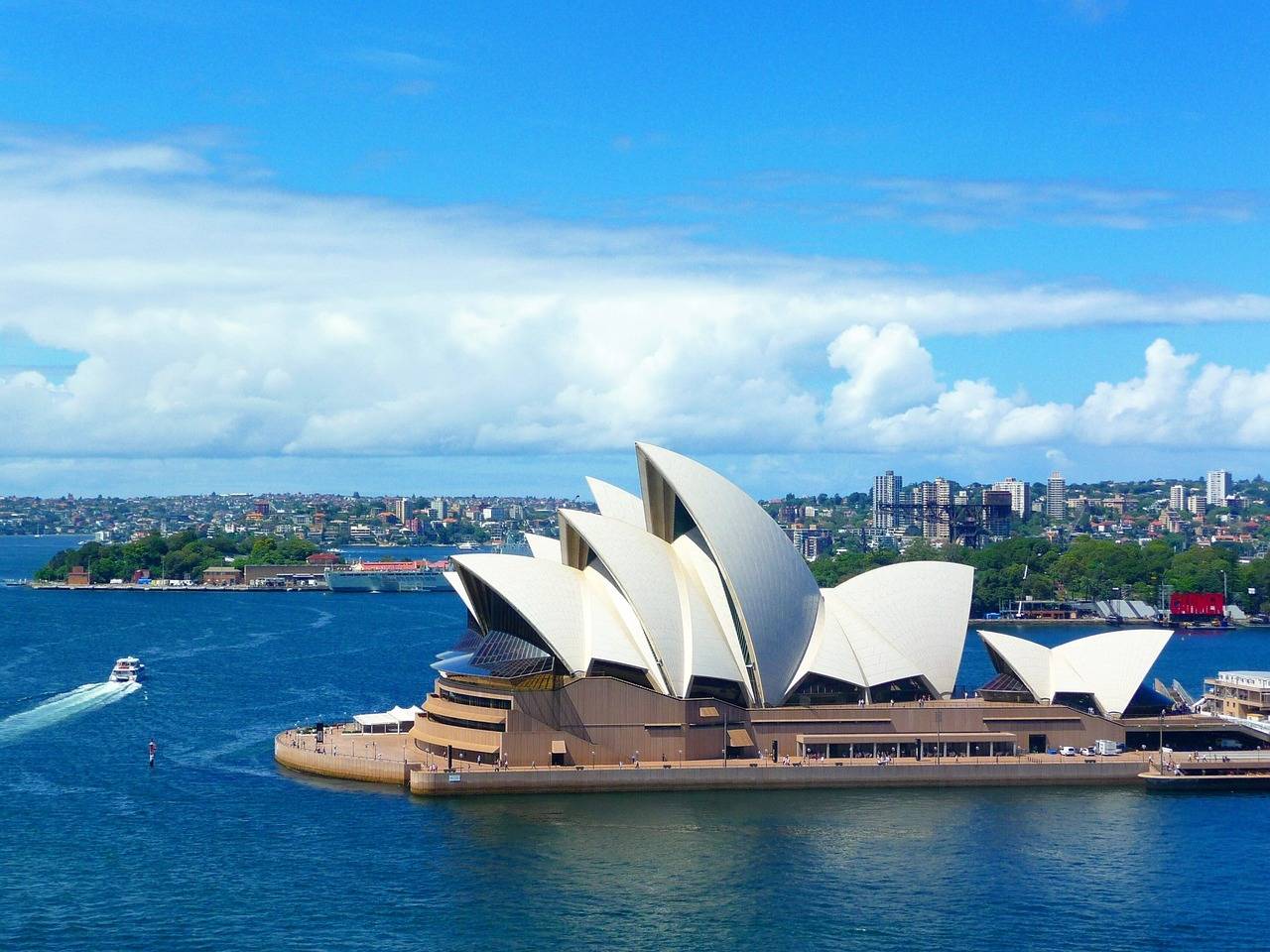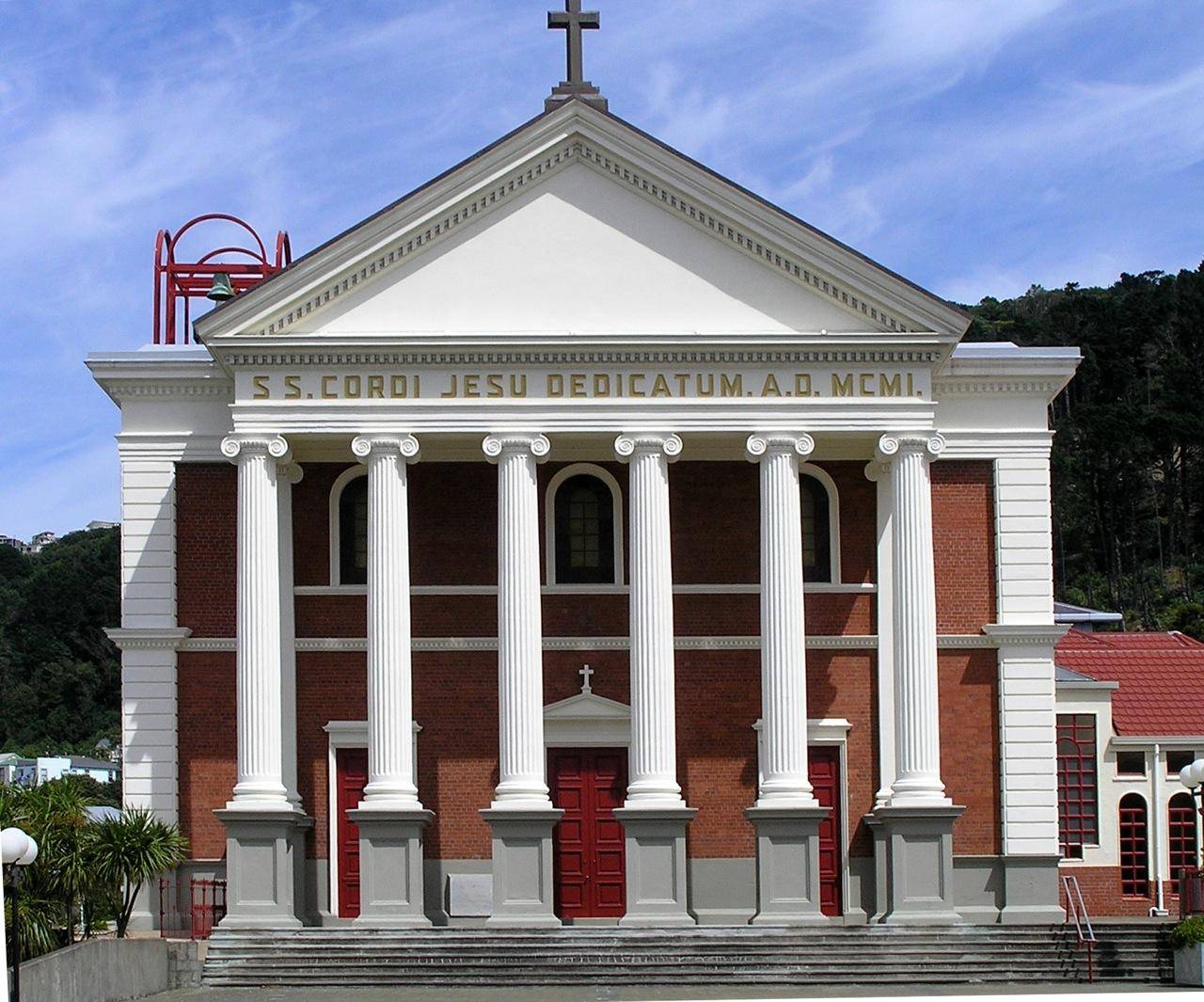ROME – Since it was banned by the Soviet Union, it is no surprise that 30 percent of the members of the Ukrainian Greek Catholic Church live outside Ukraine. Now, looking at his country from afar, the Ukrainian bishop in Australia says he often “can’t sleep” because his family is back home.
“I am worried, because my parents, my relatives, friends, other priests and members of my religious congregation [the Redemptorists] are still in Ukraine; so many times it is truly difficult to sleep,” said Bishop Mykola Bychok, 41. “And you are far away, reading and watching the news too often, because you hope that every time you will find that the war has ended.”
Bychok, bishop of the Ukrainian Catholic Eparchy of Saints Peter and Paul of Melbourne since June 2020, spoke with Crux via Skype on Monday. Among the things he discussed are Russian leader Vladimir Putin’s “fear” of Pope Francis, and the Vatican’s “stupid” decision to have a woman from Ukraine and one from Russia carry the cross together during the Way of the Cross led by the pontiff on Good Friday.
Below are excerpts of that conversation:
Crux: May 24 marks the third month of the Russian invasion into Ukraine. How are you?
Bychok: On one side, I’m good. But on the other, I am not, because of everything that is happening in Ukraine; this war also has a huge impact in my life as a bishop here in Australia. Yes, I am far from my country, more than 10,000 miles away, but still, I am the pastor of Ukrainians here in Australia. And during these past few months we have received displaced people from Ukraine, and every time they come, it is a reminder that things are not good in Ukraine.
Constantly, though, I am worried, because my parents, my relatives, friends, other priests and members of my religious congregation [the Redemptorist] are still in Ukraine. So many times it is truly difficult to sleep. And you are far away, reading and watching the news too often, because you hope that every time you will find that the war has ended.
How is your home city? Has it been bombed?
My city, Ternopol, which is located in the Western part of Ukraine, is good. It was bombed once thus far, some fuel tanks. But every day my parents and other civilians hear the warnings of bombers flying, asking them to go to shelters to save their lives. This happens several times a day. But in general, things are not as dangerous as they are in the Eastern part of Ukraine. But who knows? We know of many families displaced to Lviv, but when this city was bombed, they were injured.
No place is safe in Ukraine right now, because no one knows what is going to happen in the next minutes, hours, days. They are bombing everything.
Do your parents want to leave Ukraine?
I told them that Australia had opened its borders, and that they could come here, even if temporarily. But they refused. And I understand them, because at their age, with family in Ternopil, including my younger brother, you want to stay. And I understand them. But hopefully, I will be able to invite them here for a few months, to visit, but not for them to end their lives here.
Also, there is a restriction for men from 18 to 60 from leaving Ukraine. And on the one hand, this is good, because someone should fight for our independence and freedom. But on the other hand, it is not good, because a lot of women with their children were forced to leave on their own. And this will also be highly traumatic for the children, who have lived with the sirens, and for months or maybe years, they will be without their father.
Have you welcomed many refugees in Australia?
Let me begin by saying that we don’t call them refugees but displaced persons, because in general, a refugee is a person who escapes a country and never returns. But most Ukrainians want to return.
At this point, Australia has appointed 7,000 visas, with 3,000 of them having already arrived. Most have arrived to New South Wales (where Sydney is located) and the state of Victoria (where Melbourne is located). A few days ago, I had the opportunity to visit one of the shelters, a hotel, that the Australian people has given for some 100 Ukrainians. It was very important for me to be able to listen to them, what is happening and what their needs are. They arrived here on a tourist visa, and they are changing it to a humanitarian one, which will cover health care and some education.
They need a lot from us, not only help with the visas, but also spiritual help and support. Some of them have a connection, friends or relatives here, but in general, they need help. And many of our people have been in touch with government officials. We will have to see what happens after yesterday’s election, but in general, I think the rules will be the same.
What has been the support of the Roman Catholic Church thus far?
The Australian Catholic Church has opened all its schools to Ukrainian children. Some dioceses are also granting our families accommodation. Also, a month before the official beginning of the war, I told the bishops that, as a Ukrainian nation, we have been fighting since 2014, with many dying and many being forcibly displaced.
The conference is also supporting us materially, not through the eparchy, but [through] Caritas Australia that has raised over four million dollars. They are in constant contact with Caritas Ukraine, trying to find out what is the best way to help, perhaps for instance, by assisting Caritas in neighboring countries that have received many displaced.
Last week, the bishops of Australia issued a special document of support for His Beatitude Patriarch Sviatoslav Shevchuk, and all the Ukrainian people, and the religious of Australia did the same, supporting all the religious congregations in Ukraine.
There is a lot of support: Financial, spiritual, and in any other level needed.
There has been a lot of talk about the Vatican’s response to this war and Russian leader Vladimir Putin. What are your thoughts on this?
From the beginning of this war, Pope Francis has tried to be a minister of peace. He broke diplomatic rules going to Russia’s embassy to the Holy See in Rome, with the intention of speaking with Putin. But it wasn’t possible. I don’t know what is happening, but Putin is afraid of the pope. He has a huge fear of him.
But every Wednesday and Sunday, whenever he has a public address, he mentions Ukraine, asks for peace, and he has mentioned Mariupol many times. Two weeks ago, he met with the wives of our soldiers from this city.
However, it was difficult for us to understand what happened during the Way of the Cross on Great Friday. It was difficult to understand when we have the active face of the war, to have a Ukrainian and a Russian woman carrying the cross. It was stupid, but what happened was that this program was created before the war began, and maybe before the war, it wouldn’t have been such a big problem. But since we were at war, there was a special request from our church, and from the nuncio, asking for this not to be done. And so they left the women, but changed it so that no meditation was read. For our people, it was not good, with some even questioning why are we still under the pope when we are fighting a war.
He did a lot of good things, and also one bad. As the head of the church, if someone under him does something wrong, he still gets blamed for it.
You mentioned that you had reminded the Australian bishops that the war began in 2014. Between all that is going on in the world, including the talks of monkeypox and its rapid spread, are you afraid that the world will, again, forget about the war in Ukraine?
Yes and no, because it is difficult to compare what happened in 2014 with what is happening now. In 2014, the Crimean Peninsula was occupied, and there was conflict in the Eastern part of Ukraine. But now, the entire country is the target, and seeing the horrors of Bucha, only God knows what has happened in Mariupol. It is a huge tragedy. But the consequences of this war will be global, and they will last for some time: we are the world’s largest sunflower producer, and the third wheat producer. As the United Nations is saying, this will make it very hard for people in poor countries to find food. So, I think that what is happening in Ukraine will stay in the news until the war ends. In the last three months, Russia lost 29,000 soldiers, thousands of tanks, planes, and helicopters. They lost more than during the war of Afghanistan. On our side, we didn’t lose as many soldiers, but thousands of civilians were killed.
Anything else you would like to say?
It would be a huge help for us if you could pray for us. Our Lady in Fatima asked 100 years ago to pray for the conversion of Russia. And too many didn’t hear this request. We will not win this war only through weapons, we need spiritual help. So please, please, pray for Ukraine, even if by saying one short prayer a day.
Follow Inés San Martín on Twitter: @inesanma














